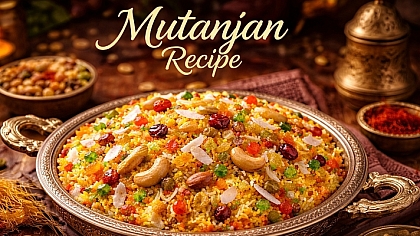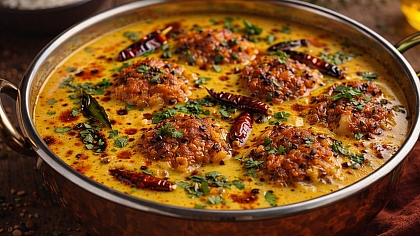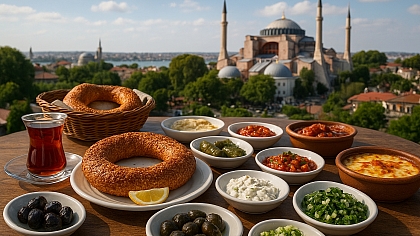
Feeding the Heart: The Connection Between Food & Well Being
In the intricate tapestry of human existence, the relationship between food and emotional well-being is a profound and timeless connection. From indulgence in comfort foods during moments of distress to the joyous celebrations adorned with feasts, food often serves as a medium for expressing emotions, fostering connections, and nurturing the spirit.
However, beyond the mere act of consumption, how food is approached, prepared, and shared can transcend the physical and reach the realms of emotional nourishment and spiritual grace. In this convergence of food, grace, and emotional well-being, the true essence of sustenance for the heart lies.
Nutrition for the Soul: Unveiling the Science Behind Emotional Nourishment
The concept of using food as a conduit for emotional well-being is not a new one. Across cultures and generations, communal meals have played a pivotal role in fostering a sense of belonging and unity.
The act of preparing a meal with love and care, and sharing it with loved ones or even strangers, has the inherent power to create an atmosphere of warmth and friendliness. In the shared experience of breaking bread together, barriers dissolve, and bonds are strengthened, often leading to an elevated state of emotional well-being.
Moreover, scientific research has begun to unveil the intricate relationship between certain nutrients and their effect on mood and emotional stability. Studies have suggested that a diet rich in essential nutrients, including omega-3 fatty acids, vitamins, and minerals, can play a significant role in regulating mood and reducing the risk of depression and anxiety.
The consumption of whole foods, such as fruits, vegetables, whole grains, and lean proteins, not only nourishes the body but also nurtures emotional resilience and stability.
Mindful Eating: Cultivating Grace and Gratitude at the Table
Furthermore, the practice of mindfulness and gratitude in the context of food consumption can infuse a sense of grace into the act of eating. Mindful eating, which involves savouring each bite, acknowledging the source of the food, and being present at the moment, can deepen the connection between food and emotional well-being.
When individuals approach their meals with gratitude, recognizing the efforts involved in bringing nourishment to their table, a sense of humility and appreciation emerges, enriching the experience of eating and fostering a deeper sense of emotional fulfilment.
Cultivating Conscious Consumption: Empathy for the Environment and Emotional Well-being
Beyond the individual, the cultivation of a culture of grace and mindfulness in the realm of food has the potential to transform societal dynamics.
By promoting conscious consumption and understanding the interdependence between food sources, the environment, and emotional well-being, communities can develop a deeper sense of responsibility and compassion.
Initiatives that emphasize sustainable and ethical food practices not only contribute to the well-being of the planet but also promote a collective consciousness that is grounded in grace and empathy.
In essence, the act of feeding the heart extends beyond the mere intake of nutrients; it encompasses the cultivation of emotional resilience, the fostering of interpersonal connections, and the promotion of a collective consciousness rooted in grace and gratitude. By recognizing the profound interplay between food, grace, and emotional well-being, individuals and communities can embark on a journey toward holistic nourishment, where the sustenance of the body converges with the enrichment of the soul.
Author Bio: Zeeva Usman is a content marketing manager at Peter and Petra. She is leading the remote working training program at Human Right Warrior and is a content marketing specialist at Church Marketing Agency. When not working she loves to play with her two dogs, Palm and Oreo.












